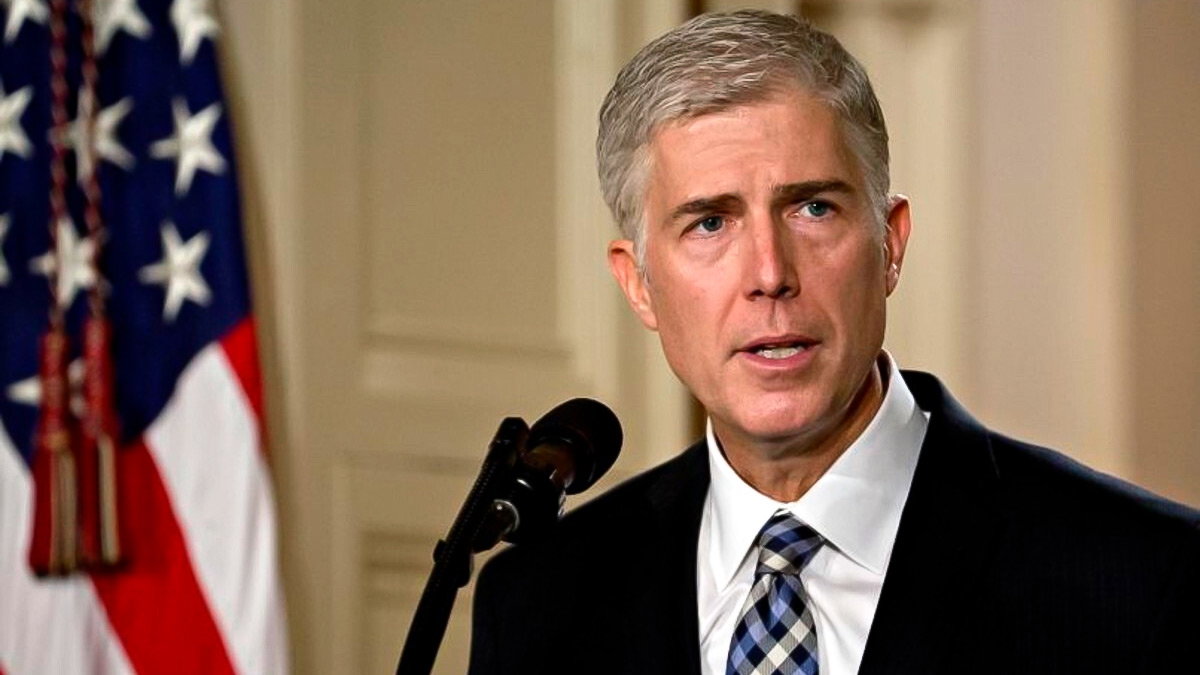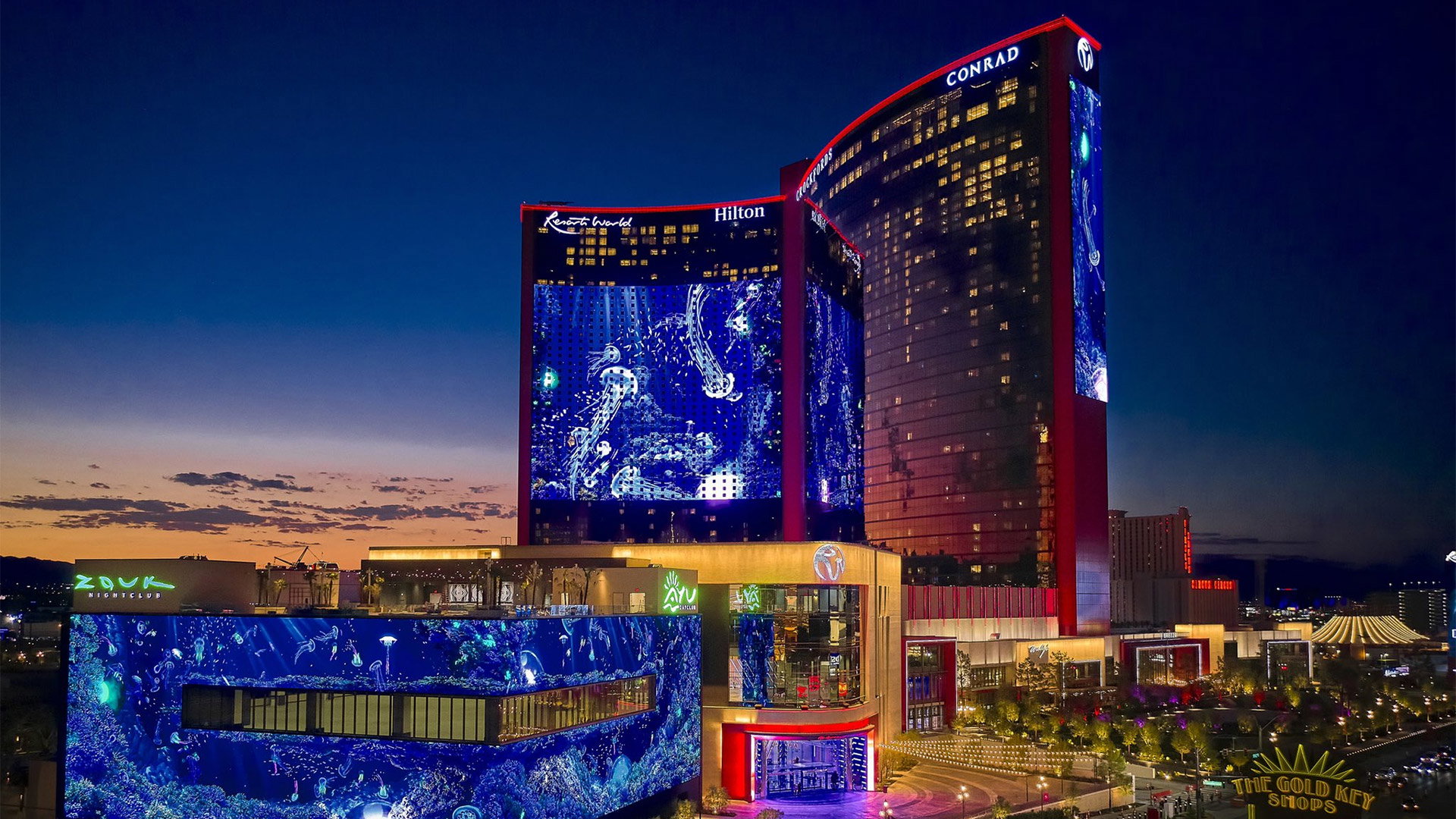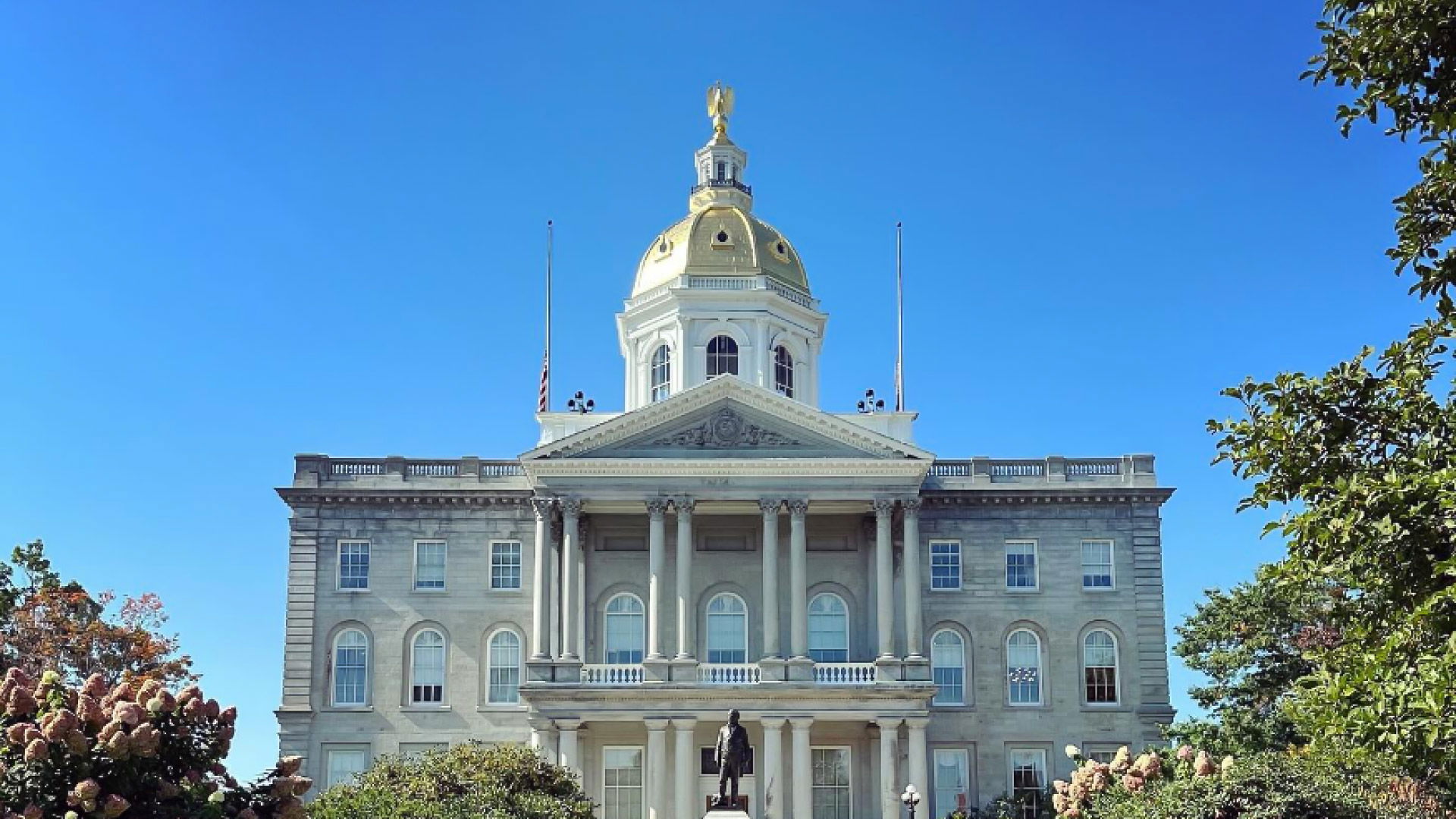US Supreme Court's ruling favors two tribes in gambling dispute with Texas over authorized games

The U.S. Supreme Court has sided with two Native American tribes in their fight with the State of Texas over authorized gambling on their respective lands. The ruling, delivered on Wednesday, reaffirmed their autonomy to regulate non-prohibited gaming and strengthened tribal sovereignty in the state.
In a 5-4 ruling, the nation’s highest court stated that the Ysleta del Sur Pueblo tribe near El Paso -also known as the Tiguas- and the Alabama-Coushatta Tribe of Texas, north of Houston, have the autonomy to regulate electronic bingo games on their lands, according to Texas Tribune.
While the ruling doesn’t expand the kinds of games the tribes can offer on their lands, it reaffirms their autonomy to regulate gambling activities that aren’t prohibited in Texas, regardless of the state’s rules. This means that if the game isn’t outright prohibited and criminalized, Texas can’t impose its regulations on the tribe’s games.
“The decision is an affirmation of Tribal sovereignty and a victory for the Texas economy,” said Ricky Sylestine, chair of the Alabama-Coushatta Tribe’s Tribal Council, according to El Paso Matters. “The highest court in the land has made clear that our Tribe has the right to legally operate electronic bingo on our reservation, just as we have the past six years.”
In the case of the Tiguas, their fight with the state of Texas over gambling has been an ongoing one for about three-decade now. The tribe operates bingo-based games at their Speaking Rock Entertainment Center in the Lower Valley.
Speaking Rock Entertainment Center in the Lower Valley
“The tribe is obviously very pleased with the vindication offered by the opinion handed down by the Supreme Court, and the fact that the court agreed with our interpretation of the Restoration Act,” said Brant Martin, the Tiguas’ Fort Worth-based attorney. “We look forward to continuing the litigation in the lower courts under the guidance provided by the Supreme Court.”
Justice Neil M. Gorsuch, in the majority opinion, emphasized that the ruling doesn’t mean tribes can offer any games they choose in their lands. “None of this is to say that the Tribe may offer gaming on whatever terms it wishes,” he wrote. “The Restoration Act provides that a gaming activity prohibited by Texas law is also prohibited on tribal land as a matter of federal law.”
Thus, other gaming activities are subject to tribal regulation, and must conform to the terms and conditions “set forth in federal law.” The case is now set to return to the 5th U.S. Circuit Court of Appeals for further deliberation, but tribes see the ruling obtained Wednesday as a clear victory.
The Restoration Act, passed by Congress in 1987 to extend federal recognition to the two Texas tribes, includes the aforementioned provision that prevents the tribe from offering gambling that is prohibited in Texas. They are the only tribes in the US barred by a state government from offering gambling on their land.
While the Tiguas have long maintained their games of chance at Speaking Rock are based on bingo -a game permitted and regulated in Texas- the state has argued that its laws on bingo prohibit the kind of games offered by the tribe. This has now been rejected in the majority opinion.
“This is a significant victory for the Ysleta del Sur Pueblo Indian Tribe after decades of losses in the lower court,” said Ben Kappelman, a partner at international law firm Dorsey & Whitney who handles cases involving federal American Indian law issues, as reported by Texas Tribune.
However, Kappelman remarked that the ruling doesn’t mean tribal games will be totally unregulated. “They will simply join the large number of tribes whose gaming ventures are regulated by the National Indian Gaming Commission,” he stated.
Gaming provider AGS CEO David Lopez praised the ruling in a statement Thursday: “After an extremely long process in the judicial system, I would like to congratulate our Native American business partners and friends on their well-deserved win. This ruling makes it possible for these sovereign Tribes to gain economic freedom and confirms their rights as federally recognized Tribes. AGS stands by our Tribal operator partners as they look to exercise their rights and wish them success in current and future ventures as sovereign Tribes in the State of Texas. We are proud to support all our Native American partners throughout the country, and, in particular, these Tribes that have fought so hard and so long in pursuit of their economic freedom.”
The legal fight between Texas and the Tiguas started in the early 1990s, when the tribe tried to expand gambling on its land and the state continuously went to deferral court to block those efforts. The Alabama-Coushatta tribe’s fight has been a similar one.
A third federally recognized tribe in Texas, the Kickapoo, also offers bingo-based games at its casino, in Eagle Pass. However, the state has not challenged their gambling because the tribe is covered by a different federal law than the Tiguas and Alabama-Coushatta: the Indian Gaming and Regulatory Act.



















































